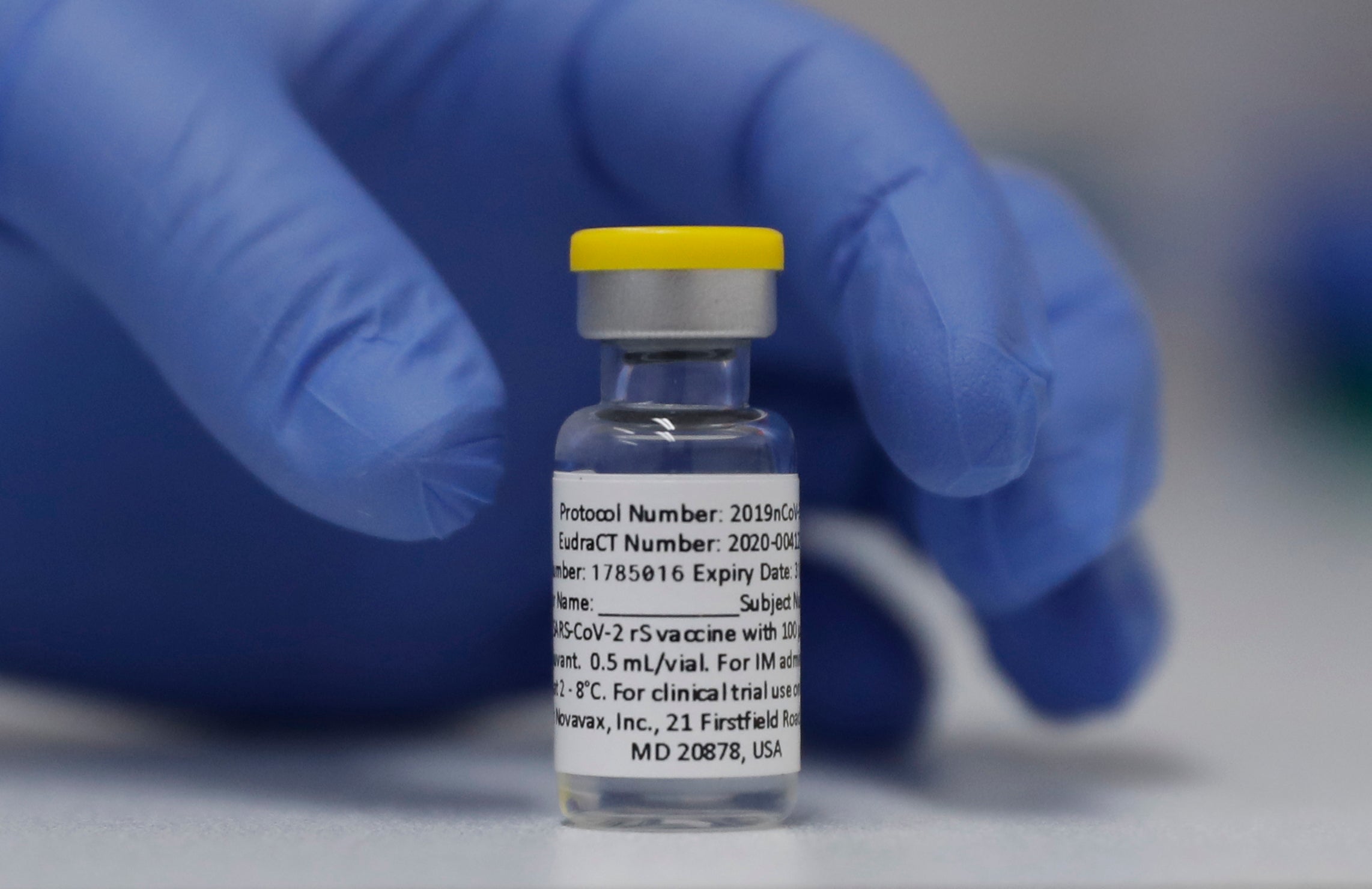Novavax becomes Australia's 5th approved COVID-19 vaccine
Novavax's COVID-19 vaccine has become the fifth coronavirus vaccine approved for use in Australia

Your support helps us to tell the story
From reproductive rights to climate change to Big Tech, The Independent is on the ground when the story is developing. Whether it's investigating the financials of Elon Musk's pro-Trump PAC or producing our latest documentary, 'The A Word', which shines a light on the American women fighting for reproductive rights, we know how important it is to parse out the facts from the messaging.
At such a critical moment in US history, we need reporters on the ground. Your donation allows us to keep sending journalists to speak to both sides of the story.
The Independent is trusted by Americans across the entire political spectrum. And unlike many other quality news outlets, we choose not to lock Americans out of our reporting and analysis with paywalls. We believe quality journalism should be available to everyone, paid for by those who can afford it.
Your support makes all the difference.Novavax's COVID-19 vaccine on Thursday became the fifth coronavirus vaccine approved for use in Australia.
The country has ordered 51 million doses of the U.S.-manufactured vaccine, supplied under the brand Nuvaxovid, for its population of 26 million. Pfizer AstraZeneca and Moderna vaccines are already in use in Australia. Johnson and Johnson’s Janssen vaccine is also approved but the government has not bought any.
The Novavax vaccine will be available to unvaccinated Australians aged 18 years and older but will not be used as a booster for the 95% of the population aged 16 and older who have already received a vaccine.
“There are some individuals, notwithstanding a massive take up of vaccination in this country, who have been waiting for Novavax, and it’s great that it’s finally been approved,” said chief regulator John Skerritt, head of the Therapeutic Goods Administration.
“Our dream is we might turn our 95% into a 97 or 98% in this country,” Skerritt added.
The protein-based vaccine is to be administered in two doses three weeks apart.
Paul Griffin, associate professor of medicine at Queensland University, said Australia needed to strive to improve an already impressive vaccination rate.
“For a variety of reasons, it seems some have remained reluctant to receive these vaccines thus far so an additional option, based on what is considered perhaps a more traditional platform, is likely to increase our vaccination rate even further,” Griffin said.